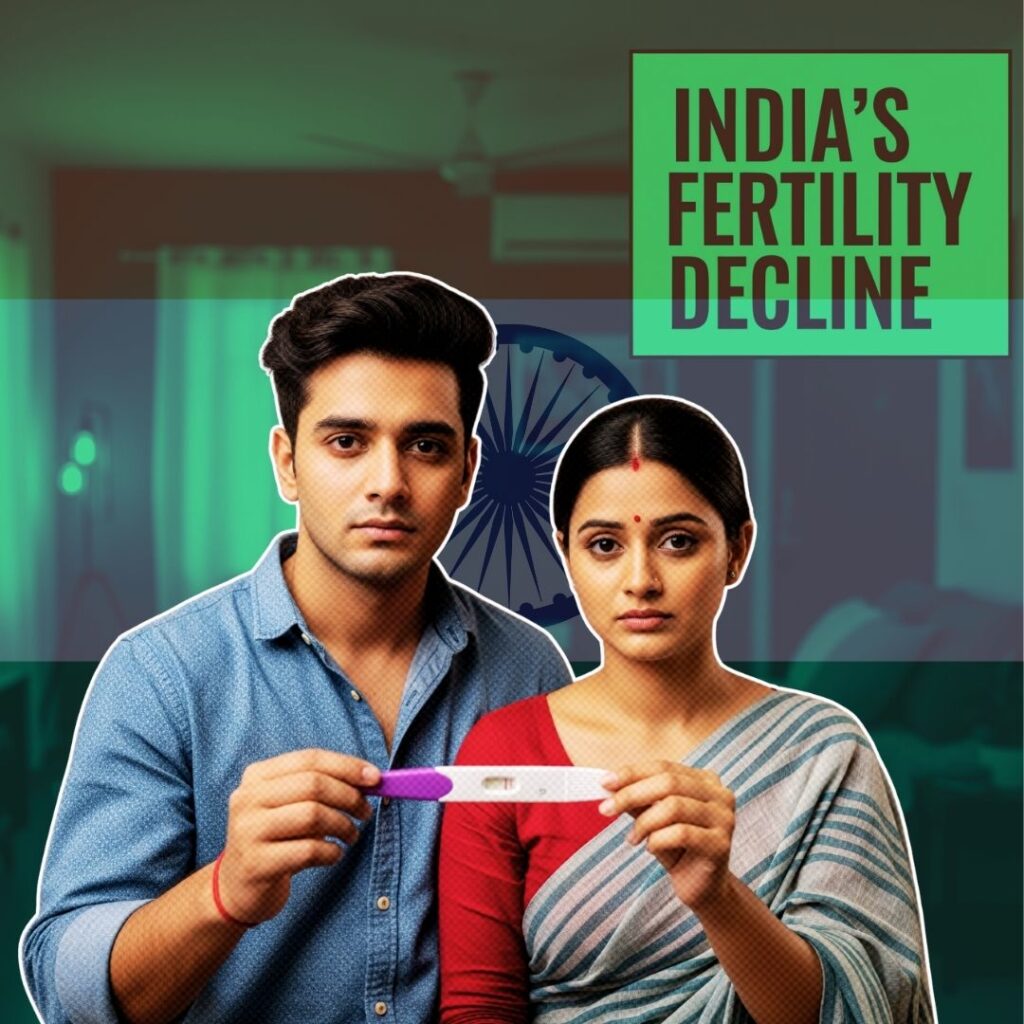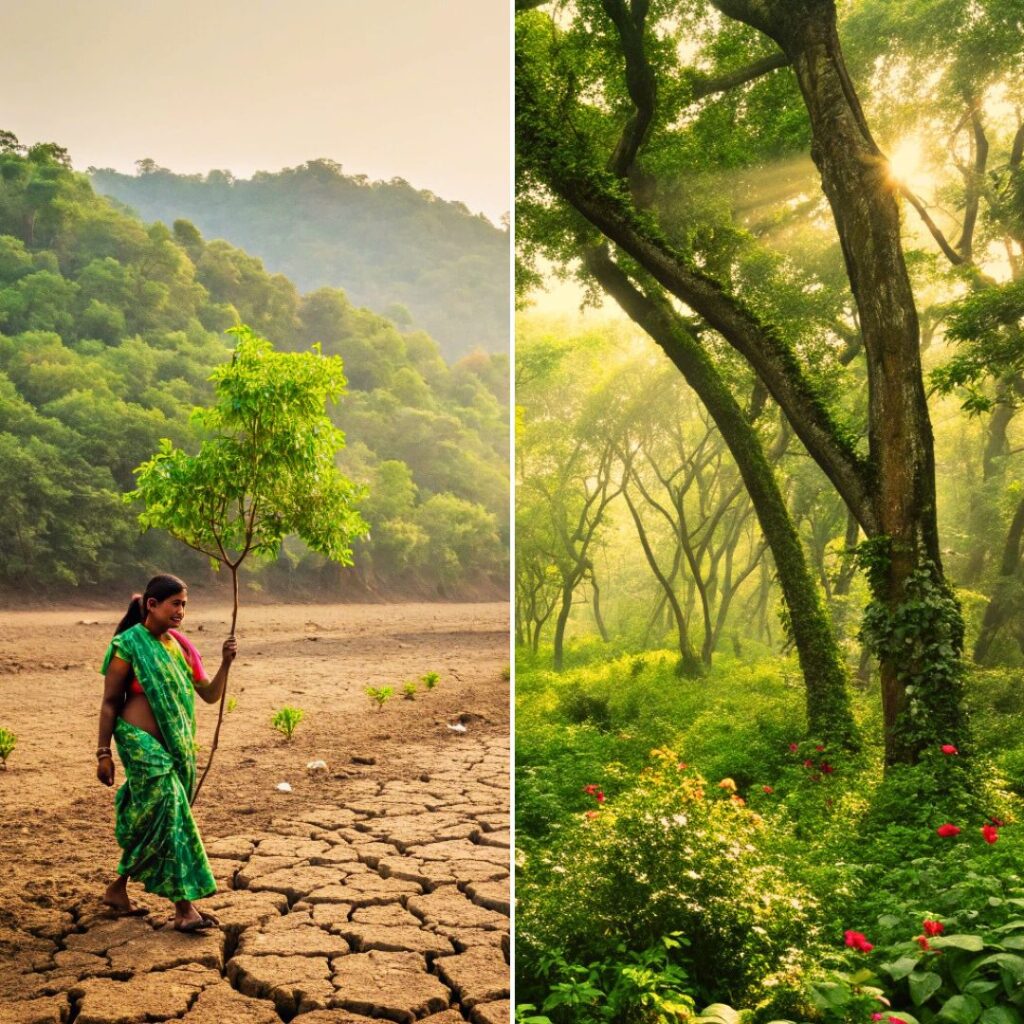“To understand their world, you have to visit their past,” we were told.
There were many pasts. And, they were of many kinds: some forgotten, some changed, and some vanquished to unknown depths. But everybody had one.
Or several, as some would recall.
The women remembered them all. A few felt trapped in it, it seemed. In a past of many sorts. Sometimes, they’d talk about it as if it weren’t their own, as if they wove memories from stories they told themselves; as if it didn’t belong to them: their past. Sometimes, we’d find them in their recollections. Sometimes, we wouldn’t.
In pensive silences, they revealed everything. And, at times, nothing. But we searched for them everywhere. In words and phrases, in glances that averted our gaze, in unfinished tales…
“They are known by different names,” said Nazar walking back to the pond in Bandhavi Shale (Koppal). “Here, they are also called Basavi. Unlike regular Devadasis, Basavis are believed to be closer to the Goddess. They are revered like the priest. So, they are entitled to special privileges and occupy a higher position. They even take up the responsibility of identifying children that must be dedicated to the Goddess.”
Legend has it that 45 families migrated and settled in Hire Shindogi. Every woman born in this village is a Devadasi. “For generations, girls were dedicated to the temple. A few years ago, the situation was quite devastating,” said Nazar, “This is one of those stories that is told over and over again. It’s hard to forget.”
“Some stories are like that…”
The road to Gadag led us to fields of banana plantation and paddy. At this hour, the farmers returned home. The sky was stripped of colours. There was none that day. Neither above nor below. Just endless paths of barren lanes leading to villages unknown to us. The loneliness, here, was palpable; one that never receded…
It never left us.
Shobha was nowhere. Towards Halegiri beside the SC/ST hostel in Ramalu Colony, was her home, she said. “The road should lead you to it. It is situated just behind the school…”
We couldn’t find it. In a while, after driving in circles, we spotted her on the roadside, waving at us. She was dressed in a blue and white saree. We didn’t speak much. We followed her home. The lanes turned narrow. Every now and then, she’d turn towards us with a wide smile.
The house was old, and it had a blue door. Faded walls built its story. It spread far and wide. It had character, this house. It wasn’t much but it was hers. It was home.
Radha fussed in the corner. She was fast asleep. Shobha spread a mat on the floor, and asked us to join her. She cast a look around as if she were looking for something.
In the morning sun, her features turned sharp. But her face revealed nothing. She spoke with a grace that defied her age. “My mother was a Devadasi,” she said pouring some cold water into steel tumblers, “I was a Devadasi too.”
She paused. We didn’t beckon her to continue…
“It was an ancestral tradition. Something that we had to uphold,” she said folding her arms, “If the girls weren’t dedicated to the Goddess, tragedy would befall the families and the village. They all believed that. Everything had a consequence. The purohits performed all the rituals. Nobody questioned the practice for they feared it might invoke the wrath of Yellamma. I was in third grade when it happened to me. I was very happy, that day. I remember. They gave us new bangles and took us to the temple. I was far too young to understand what was happening. A thaali was tied around my neck before the lord in presence of my family, and others. A ceremony was all it took to change our lives. It ended, and we went home,” she said.
Another pause. They’d be several in the next few hours. Sometimes, she’d stop talking abruptly. In melancholic silences, there were moments when she revealed what words couldn’t.
Despair.
“But I escaped,” she said with a beaming smile. “I fell in love. I never had to practise any of the rituals. I have two children. I never thought I would find someone. If I weren’t a Devadasi, maybe I would have led a normal life. Sometimes, it makes me sad that we were different. Sometimes, we were filled with regret. We longed to have a family. A normal one.”
In schools, they ask for our father’s name, she said. Many of them dropped out. They couldn’t explain anymore. For the longest time, Shobha refused to attend classes until one day, someone came along and changed her life. “If it weren’t for Saar, I wouldn’t have studied. I would have struggled to earn a living. I finished twelfth grade. I contemplated leaving school altogether. Every time, they asked me for my father’s name, I felt ashamed. There were many like me in the village. But not everyone found a way out. I was lucky. So, I decided to help as many women as I could. We have now managed to eradicate the Devadasi practice from our locality entirely. We went to every village and educated them on the perils of co…











